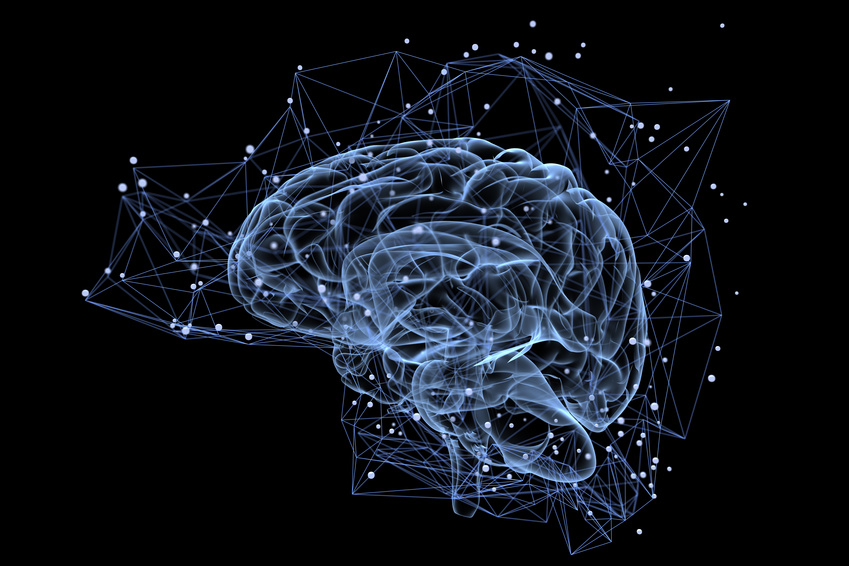Brain injuries can have devastating affects on the lives of those suffering from them. What many don’t understand, however, is that traumatic brain injuries aren’t the only types of injury that the organ can experience. Acquired brain injuries are another intense brain injury that can dramatically alter lives.
Here we highlight the main differences between the two types of brain injuries:
“DEFINITION OF TRAUMATIC BRAIN INJURY (TBI):
A traumatically induced structural injury and/or physiological disruption of brain function as a result of an external force that is indicated by the new onset or worsening of at least one of the following clinical signs, immediately following the event:
- Any period of loss of or a decreased level of consciousness;
- Any loss of memory for events immediately before or after the injury;
- Any alternation in mental state at the time of the injury (confusion, disorientation, slowed thinking, etc.);
- Neurological deficits (weakness, loss of balance, change in vision, praxis, paresis/plegia, sensory loss, aphasia, etc.) that may or may not be transient;
- Intracranial lesion.
- External forces may include any of the following events: the head being struck by an object, the head striking an object, the brain undergoing an acceleration/deceleration movement without direct external trauma to the head, a foreign body penetrating the brain, forces generated from events such as a blast or explosion, or other force yet to be defined.
DEFINITION OF ACQUIRED BRAIN INJURY (ABI):
An acquired brain injury is an injury to the brain that has occurred after birth, but is not related to congenital defect or degenerative disease. Causes of ABI include (but are not limited to) hypoxia, illness, infection, stroke, substance abuse, toxic exposure, and tumor. ABI may cause temporary or permanent impairment in such areas as cognitive, emotional, metabolic, motor, perceptual motor and/or sensory brain function.”
Fast dial #1000 free from your cell and we’ll get you the support you need.






